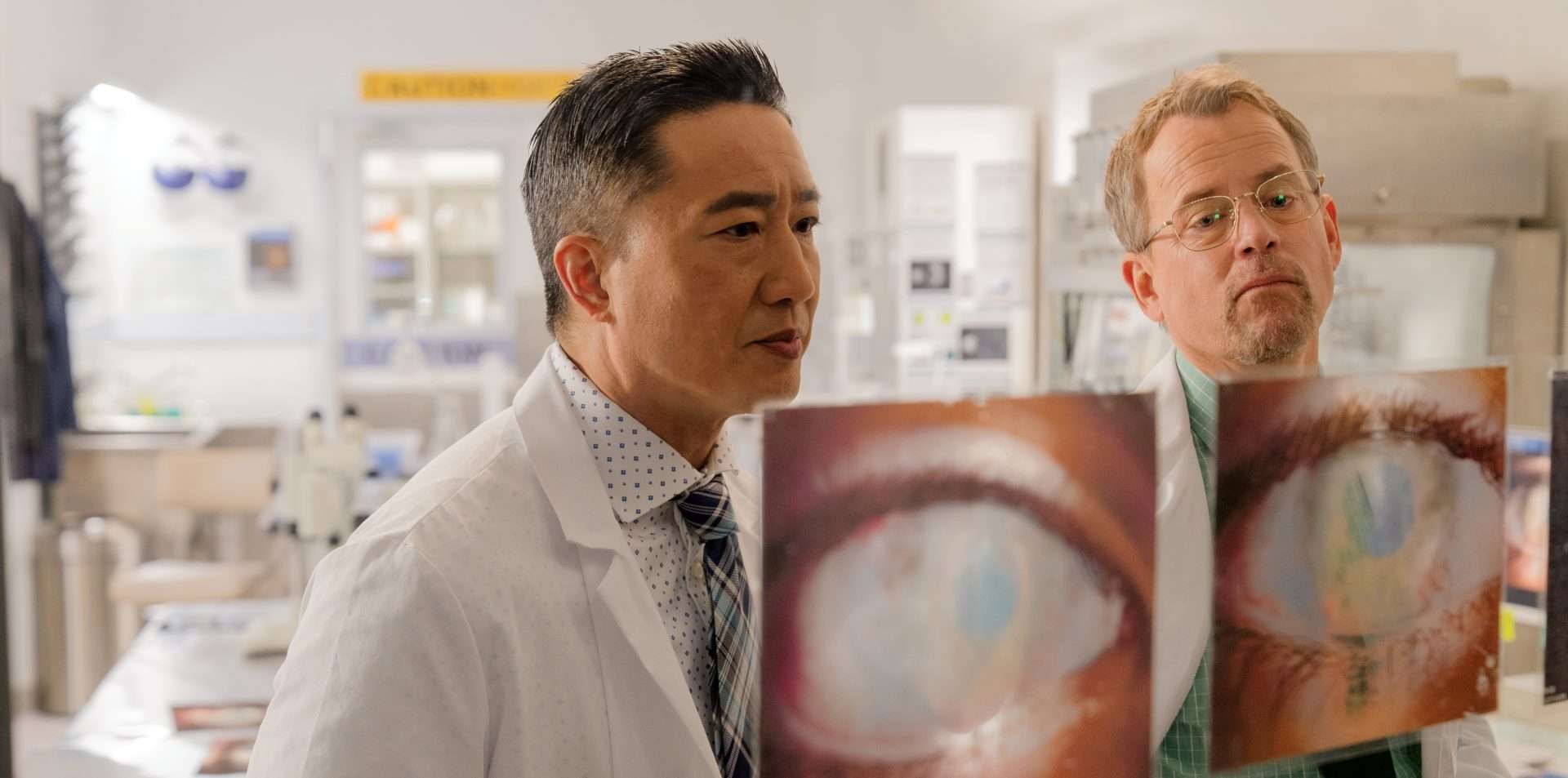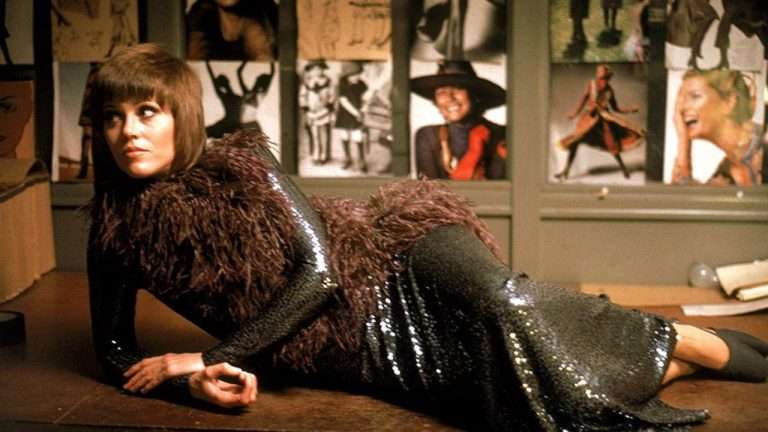No matter what your stand is when it comes to Angel Studio’s constant inclination towards pushing their faith-based agenda to a larger audience – Dr. Ming Wang’s story, which is at the center of their latest tryst, ‘Sight,’ would feel necessary. It’s such an inspiring journey that Dr. Wang took to become one of the greatest eye surgeons in the world that even the most uninterested audience member would like to know how he reached there. Alas, director Andrew Hyatt puts him in a movie that just doesn’t know how to show his story beyond the click-points of a self-serious, true-story-based narrative that reeks of lazy-filmmaking.
Based on Dr. Wang’s autobiography From Darkness to Sight, the film finds Hyatt collaborating with John Suigana and Buzz McLaughlin to adapt it for the screen. Even with three creative minds at work, you can sense that the film does very little beyond the traditional past and present shift to really stand out. It’s a cloying drama that starts off as a dull story about how the past shapes the future and how certain things are always beyond repair; never transforming into anything more than a story tailor-made for viewers easily moved by saccharine tales of loss, hope, and resilience.
It all begins with a little blind girl from Kolkata, India, named Kajal (Mia Swaminathan), who is now in the care of nuns and is brought to Dr. Wang, assuming that the miracle worker will be able to restore her vision. Although, seeing Kajal triggers something in Dr. Wang, as he is haunted by the sight of a girl he knew back from his time in China as a young boy wishing to do bigger things in life during a time of cultural unrest.

On paper, Dr. Wang’s life is inspiring and could have made a rousing biopic that should be an easy watch. However, director Andre Hyatt is unable to pull off the easiest possible feat here and turns this inspiring personality into a bland character sketch. I mean, it’s a good idea to use the plot device of going back and forth between the past and present to tell a story, but the connective tissue of the young Indian girl and the young Chinese girl does not hold any similarities to help you through that movement. The result is sequence after sequence of plodding melodrama that only aims at uplighting without giving you a reactionary reason to.
The rest of it becomes like a biopic routine. There is a confident, helpful sidekick in Dr. Wang’s colleague Dr. Misha Bartnovsky (played by Greg Kinnear), but all he is there for is to give him some guidance and make a joke or two every now and then. There’s also a half-assed love angle in the form of Anle (Danni Wang) – the bartender that Wang meets and shares absolutely zero chemistry with. Terry Chen feels lost playing Dr. Wang, not because he is not capable of pulling off a personality like him, but because he is not helped by any other element of the film, resulting in a performance that is so one note that the movie turns into a snoozefest.
But most of all, it’s hard to take ‘Sight’ seriously because it is apparently marketed as a narrative that is shaping humanity toward a more inspired future. The hypocritical nature of the entire enterprise hits you when the real-life Dr. Ming appears in the film’s credit to ‘Pay it Forward’ with a QR code. The studio apparently wants you to fund the ticket for the next person, inadvertently filling up their pockets even more. It feels strange because the earnings from the movie could have easily been diverted towards Dr. Ming’s own non-profit organization, further doubling down on the hopeful nature of what the movie aims for. However, capitalism has all of us craving for more, so I guess that’s where we are at.







![What a Man Wants [2018]: Fantasia Film Festival Review](https://79468c92.delivery.rocketcdn.me/wp-content/uploads/2018/07/What-a-Man-Wants--768x512.jpg)
